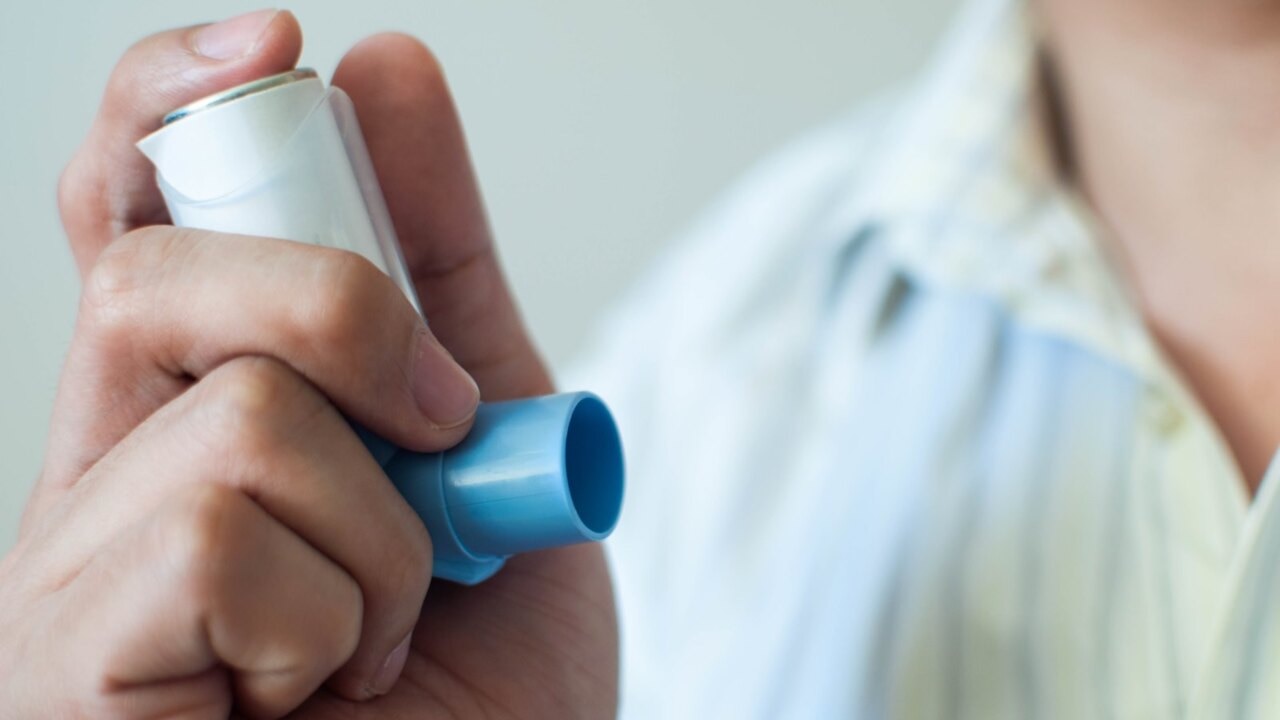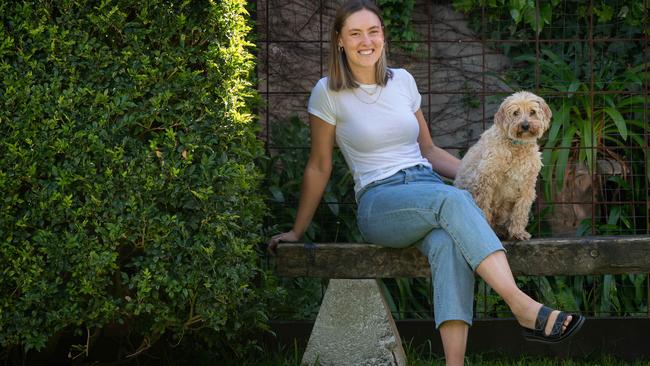New treatment could provide ‘immediate protection’ against the virus
A new Covid treatment may soon work beside vaccinations to protect the most vulnerable members of the community after the nation reopens.

Coronavirus
Don't miss out on the headlines from Coronavirus. Followed categories will be added to My News.
A new Australian-made Covid-19 treatment is hoped to work beside vaccinations to protect the most vulnerable members of the community after the nation reopens.
Developed by a consortium of Australia’s leading research institutes, the monoclonal antibodies treatment has successfully blocked the SARS-CoV-2 virus ahead of planned human trials next year.
Unlike vaccinations, antibodies treatments provide immediate protection against the virus – making them suitable to prevent severe disease once a person is already infected, or to be rolled out among close contacts to stop an outbreak spreading through settings such as aged-care homes.
They can also be protect people with compromised immune systems who may not gain significant benefit from vaccines, though their high cost and shorter period of protection limit their use across an entire community.
Although several monoclonal antibodies Covid-19 treatments have already been produced overseas, a collaboration led by the Walter and Eliza Hall and the Doherty institutes believes it has developed a more potent cocktail that can be manufactured in Australia.

By examining blood of recovered Australian Covid patients, the WEHI’s Associate Professor Wai-Hong Tham said several antibodies had been identified which they used to defeat the virus.
The collaboration also examined antibodies from CSL’s library to find those which could bind to the spike protein on SARS-CoV-2, blocking its ability to use the spike to attach to human cells and reproduce.
“We have two different types of human monoclonal antibodies that we pulled out to try to block viral entry,” Prof Tam said.
“If you can stop that entry into cells, then you stop infection.
“You now have a collection that is ready to use against any emerging variants.”
The Australian consortium, involving scientists from the Burnet Institute, the Kirby Institute, CSL, Affinity Bio and CSIRO, has received $5m through the Medical Research Future Fund to begin manufacturing the monoclonal antibodies treatment in Queensland and Melbourne for safety trials next year.
Results of the research, published in the journal Cell Reports, reveal the collaboration has identified 12 antibodies which are highly effective in blocked the SARS-CoV-2 virus from entering cells in preclinical models.
Professor Stephen Kent of the Doherty Institute said the research was expected to progress to trials next year, which will see groups of 10-20 Melbourne patients receive different dosages.
While vaccinations trigger a person’s immune system to produce the antibodies needed to fight off Covid-19, monoclonal antibodies treatments shorten the process, giving the immune boost directly.
But with an estimated cost of $1500-2000 a dose, Prof Kent said identifying the most potent mixture was vital because it meant lower amounts could be administered – reducing the price per patient so it can be used more widely as the nation reopens.
“We are going to get some pretty good vaccination coverage if we all pull together. But the very elderly and people who have immune suppressive conditions are always going to remain vulnerable,” Prof Kent said. “So when we open up and virus circulates, we really need these treatments as a preventive measure (for them).
“This basically gives them that antibodies that they would make by the vaccine and we think that’s going to be really important.”
Georgie Johns was one of Australia’s first Covid-19 cases, having returned to Australia from the UK in March 2020 and being tested while quarantining at home.
While never suffering bad symptoms from the virus herself, the 23-year-old nursing student wanted others to benefit so volunteered for the antibodies research in the hope her blood could save others.
“I found out about this research in the early days and have been involved ever since, donating blood,” Ms Johns said. “We didn’t really now much about it and I wanted to contribute as much as I could because we didn’t really have a lot of it in Australia.
“Its amazing. They have kept us updated the whole time and so it has been very exciting to see all the things they are working on using our little antibodies.”




